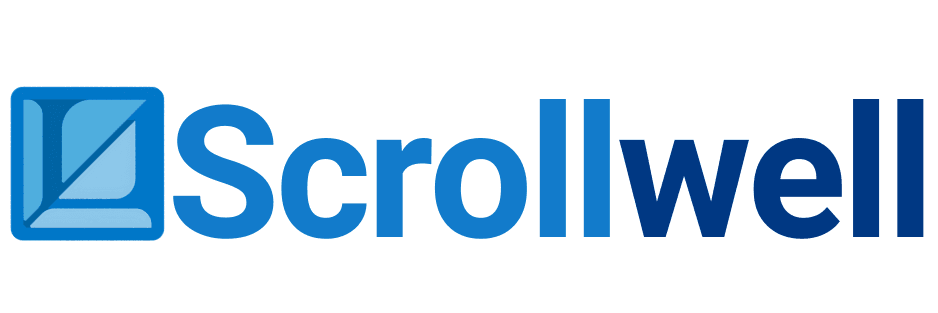Comprehensive Guide to the ATAL Faculty Development Program
The ATAL Faculty Development Program (FDP), launched by the All India Council for Technical Education (AICTE), helps educators strengthen their academic and professional skills. In 2025, the program integrates emerging technologies, advanced teaching methods, and research-based learning to align with NEP 2020 goals. This guide explains its objectives, eligibility, formats, benefits, and application process so you can make the most of the opportunity.
Understanding the ATAL Faculty Development Program in 2025
AICTE created the ATAL Faculty Development Program to prepare a future-ready teaching workforce capable of driving innovation in higher education. Through the AICTE Training and Learning (ATAL) Academy, these FDPs bridge the gap between academic theory and real-world industry practices. The program trains faculty in cutting-edge topics like AI, renewable energy, cybersecurity, and advanced pedagogy, ensuring Indian higher education stays competitive globally.
Key Objectives of the ATAL FDP for Educators
The ATAL Faculty Development Program aims to upskill teachers and transform their approach to teaching and research. Its main goals include:
- Enhancing Skills in Emerging Areas – Faculty gain practical knowledge in trending fields like machine learning, IoT, and green technologies.
- Encouraging Research and Innovation – Participants start impactful research projects and publish in reputed journals.
- Transforming Pedagogy – Faculty apply interactive teaching methods, outcome-based learning, and experiential education to engage students effectively.
- Supporting NEP 2020 Implementation – Courses meet the interdisciplinary and holistic education standards outlined in the New Education Policy.
Eligibility Criteria for ATAL FDP Participation
The program welcomes faculty from AICTE-approved institutions and, in some cases, from other recognized universities and colleges. Selection usually depends on:
- Teaching or research experience.
- The relevance of the FDP topic to current work.
- Availability of seats in the program.
By choosing candidates who meet these criteria, AICTE ensures a diverse and skilled participant group.
Course Formats and Delivery Methods in ATAL FDPs
To meet diverse faculty needs, ATAL FDPs use three main delivery methods:
- Online Mode – Live lectures, interactive Q&A sessions, and digital resources allow faculty to learn from anywhere.
- Offline Mode – In-person workshops, lab sessions, and networking events provide hands-on experience.
- Blended Mode – A mix of online flexibility and offline practical sessions offers the best of both worlds.
These formats ensure faculty from both urban and rural areas can access quality training.
Benefits of Joining the ATAL Faculty Development Program
Faculty who complete an ATAL FDP receive an AICTE-approved certificate, recognized nationwide. In addition, participants enjoy:
- Networking Opportunities – Building connections with peers, industry experts, and researchers.
- Career Growth – FDPs often count toward promotion eligibility under UGC Career Advancement Schemes.
- Access to Best Practices – Learning innovative teaching methods and staying updated with global academic trends.
How to Apply for the ATAL Faculty Development Program in 2025
Follow these steps to register for an ATAL FDP:
- Visit the AICTE ATAL Official Portal.
- Explore the list of upcoming programs and shortlist the most relevant ones.
- Fill in the online registration form with accurate personal and professional details.
- Submit the application and track updates via email.
Apply early, as popular courses fill up quickly.
Related Reading for Educators
📌 Choosing the Right AICTE FDP Course – Learn how to select the best faculty development program for your growth.
Final Word
The ATAL Faculty Development Program guide equips you with the knowledge to choose the right course, prepare for participation, and make the most of AICTE’s training opportunities. As education continues to evolve in 2025, these programs remain a vital pathway to professional excellence for faculty across India.


